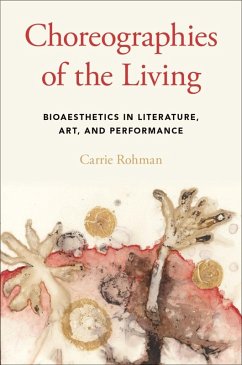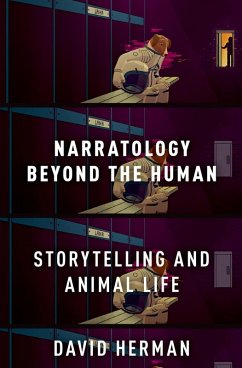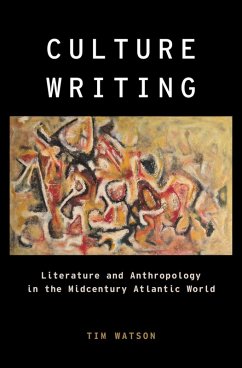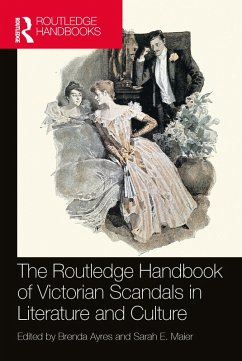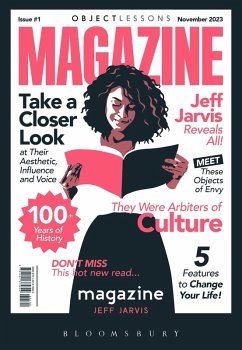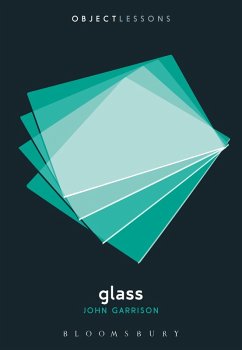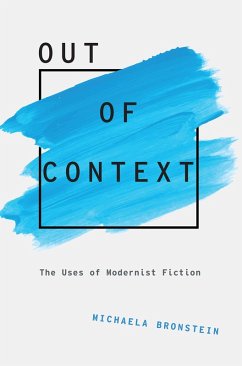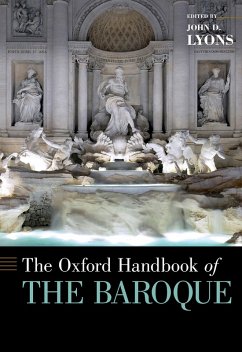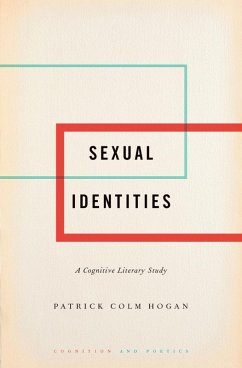
The Oxford Handbook of Soviet Underground Culture (eBook, ePUB)

PAYBACK Punkte
59 °P sammeln!
In 1932, the Central Committee of the Communist Party issued the resolution "On the Restructuring of Literary and Arts Organizations." This resolution put an end to the coexistence of aesthetically different groups and associations of writers and artists that had been common during the 1920s, and instead, led to the establishment of the monopoly of Socialist Realism in 1934. Ironically, this resolution unwittingly created a rich literary and artistic production of underground intellectuals, known as the Soviet underground, during an era of political and aesthetic censorship in the Soviet Union...
In 1932, the Central Committee of the Communist Party issued the resolution "On the Restructuring of Literary and Arts Organizations." This resolution put an end to the coexistence of aesthetically different groups and associations of writers and artists that had been common during the 1920s, and instead, led to the establishment of the monopoly of Socialist Realism in 1934. Ironically, this resolution unwittingly created a rich literary and artistic production of underground intellectuals, known as the Soviet underground, during an era of political and aesthetic censorship in the Soviet Union. The Oxford Handbook of Soviet Underground Culture is the first comprehensive English-language volume covering a history of Soviet artistic and literary underground. In forty-four chapters, an international group of leading scholars introduce readers to a web of subcultures within the underground, highlight the culture achievements of the Soviet underground from the 1930s through the 1980s, emphasize the multimediality of this cultural phenomenon, and situate the study of underground literary texts and artworks into their broader theoretical, ideological, and political contexts. The volume presents readers with several approaches to mapping the underground that include chapters on nonconformist cultures in Ukraine, Belarus, Baltic countries, Central Asia, and provincial cities of Russian Federation. Finally, the volume also provides an analysis of groups shaped around religious and cultural identity, as well as queer and feminist underground circles.
Dieser Download kann aus rechtlichen Gründen nur mit Rechnungsadresse in A, B, BG, CY, CZ, D, DK, EW, E, FIN, F, GR, HR, H, IRL, I, LT, L, LR, M, NL, PL, P, R, S, SLO, SK ausgeliefert werden.




